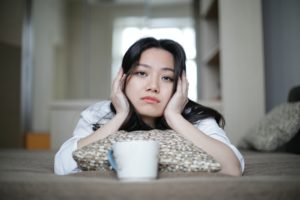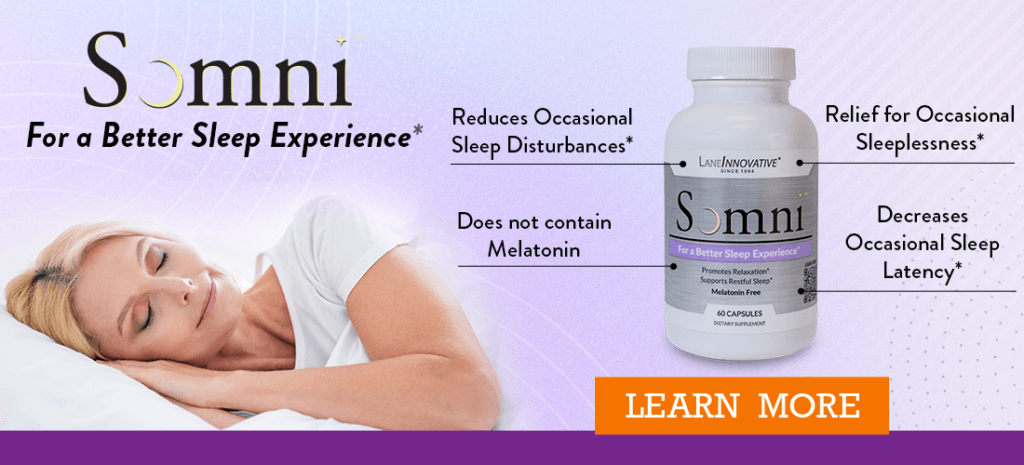Sleep
Caffeine, Nicotine, and Alcohol and Their Impact on Sleep
In terms of your overall health and wellness, sleep is extremely important. It’s one of the foundations of maintaining a healthy lifestyle and a positive outlook on life. In general, drugs such as caffeine, nicotine, and alcohol aren’t good for your health. One of the reasons they’re so bad for you is because they tend to harm your sleep habits. In this article, we’ll go over why these drugs are bad for a good night’s sleep and why.
How Does Caffeine Affect Your Sleep?

Caffeine is a common ingredient in coffee, soda, and energy drinks. Many people don’t realize that caffeine is a drug in the class known as a stimulant. Like all stimulants tend to do, caffeine has a negative impact on your sleep when you consume too much throughout the day or right before attempting to sleep.
How Caffeine Affects Your Hormone Levels
The main reason caffeine is bad for falling asleep is how it impacts your hormone levels. Because it’s a stimulant, caffeine will increase your adrenaline levels which will make you feel awake and alert.
Caffeine also blocks another hormone known as adenosine, which is a hormone that causes you to feel sleepy and usually kicks in at night or when you’re tired. The dual effect that caffeine has, where it blocks adenosine and increases adrenaline, is a recipe for disaster if you want to fall asleep quickly.
Caffeine is also a fast-acting drug that gets into your system quickly. In turn, it also exits your system quickly. However, while a high content of caffeine will exit your system, there are trace amounts that remain for a long time.
As such, even if you drink a caffeinated drink five or six hours before going to bed, it can delay your sleep time by up to an hour. As such, the best time to drink caffeine is at least seven hours before you plan to go to sleep.
How Does Nicotine Affect Your Sleep?

Like caffeine, nicotine is a drug known as a stimulant, which means it stimulates your mind and body. As such, nicotine is terrible if you hope to form healthy sleep habits. However, while caffeine is usually bad for falling asleep, it’s not always as black and white as it is with caffeine.
Long-term smoking and other methods of using nicotine have been linked to a higher chance of insomnia. Nicotine use in the form of smoking is also likely to lead to lung conditions that can cause sleep apnea and other things that reduce the quality of your sleep.
Nicotine Withdrawal and Sleep
In terms of how nicotine affects sleep is slightly different when the withdrawal is involved. Nicotine is always bad for your sleep when you’re using it consistently. However, you can learn to adapt to nicotine if you use it long enough. While your sleep will still be inhibited and lack quality, you can train your body to fall asleep at a regular time.
If you’re addicted to nicotine and are going through withdrawal, not using nicotine will negatively impact your sleep. Because your body is craving nicotine, you’ll experience high anxiety and stress levels. While nicotine is a stimulant that makes you feel more awake, it also has a calming effect on the nerves. Therefore, smoking a cigarette or consuming nicotine in another way can lower your stress levels and improve your mood if you’re going through withdrawal.
Because people know that a nicotine rush will help calm their nerves and fall asleep, detoxing from nicotine is extremely difficult. However, the long-term effects of getting nicotine out of your system will improve sleep quality in the long run.
How Does Alcohol Affect Your Sleep?
 The question of whether or not alcohol has a negative impact on sleep is tricky. Unlike nicotine and caffeine, alcohol isn’t a stimulant. Instead, alcohol is a depressant that slows down your central nervous system and helps you feel relaxed and tired. Therefore, in moderation, alcohol can help calm your nerves, help you fall asleep, and help you get a good night’s sleep.
The question of whether or not alcohol has a negative impact on sleep is tricky. Unlike nicotine and caffeine, alcohol isn’t a stimulant. Instead, alcohol is a depressant that slows down your central nervous system and helps you feel relaxed and tired. Therefore, in moderation, alcohol can help calm your nerves, help you fall asleep, and help you get a good night’s sleep.
Alcohol in excess
However, if you drink too much alcohol, the opposite effect will be true. An excess of alcohol is likely to impair your ability to fall asleep, and someone with an alcohol use disorder is more likely to struggle with insomnia or other sleep-related conditions.
Alcohol in moderation
While low to moderate amounts of alcohol can help you get better sleep, it can also have the opposite effect. Depending on your age, gender, conditioning, and body shape, alcohol can positively or negatively impact sleep.
For example, alcohol often helps people fall asleep initially, but it can reduce the overall quality of the sleep you get. In other cases, alcohol can help you fall asleep and sleep longer overall but will cause you to awaken more often throughout the night.
Alcohol and sleep apnea
While much is unknown about how alcohol affects sleep overall, people who consume alcohol consistently are much more likely to suffer from sleep apnea.
As long as you don’t become addicted to alcohol and consume it in moderation, it can be beneficial for sleep. However, becoming addicted to alcohol or drinking moderate to high amounts of it will hinder your sleep quality and time.
Like? Share with your friends
Learn More Information on How Somni Can Offer You a Better Sleep Experience*

